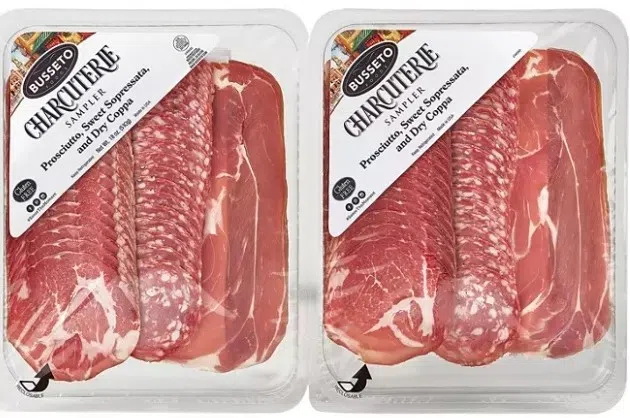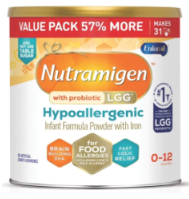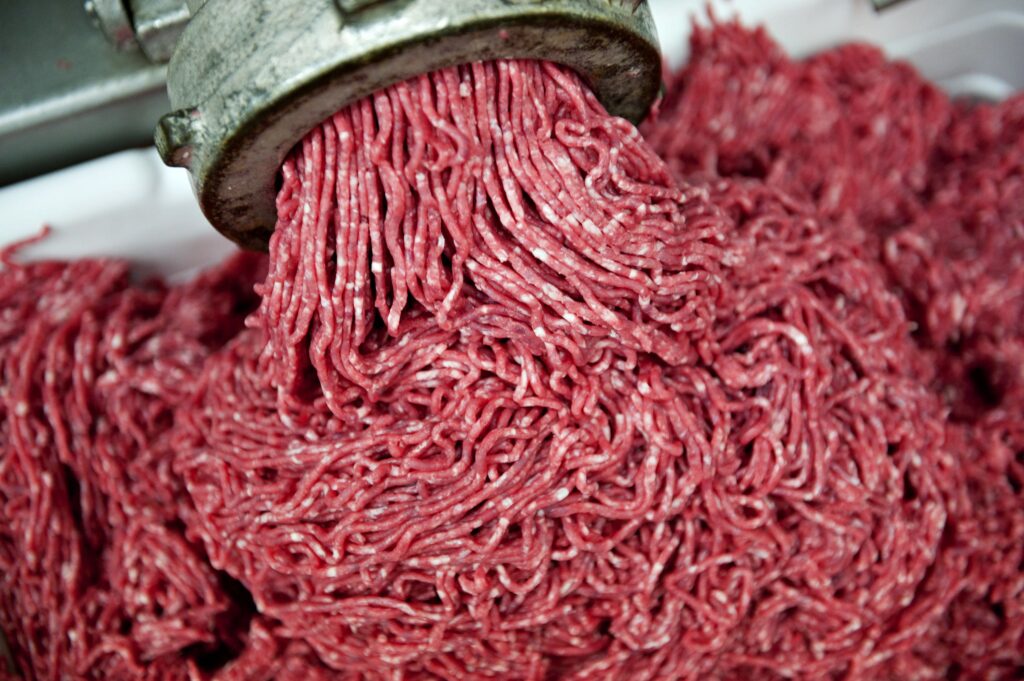The Minnesota Departments of Health and Agriculture (MDH) warned consumers after a charcuterie sampler sold at Sam’s Club and other retailers may be contaminated with Salmonella. One person reported becoming sick in December after eating from the Busseto brand Charcuterie Sampler containing prosciutto, sweet sopressata, and dry coppa. Officials collected and tested an unopened package from the person’s home, which tested positive for Salmonella. Health officials recommend not eating any Busseto brand Charcuterie Sampler from LOT number L075330300 with an expiration date of April 27, 2024. It is not yet known which of the individual components of the sampler may have been the source of contamination or whether similar products are affected. @ https://knsiradio.com/2024/01/03/minnesota-warns-of-salmonella-risk-in-popular-charcuterie-sampler/#:~:text=Officials%20collected%20and%20tested%20an,date%20of%20April%2027%2C%202024.




